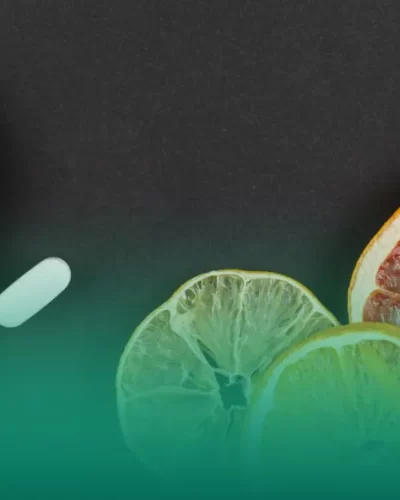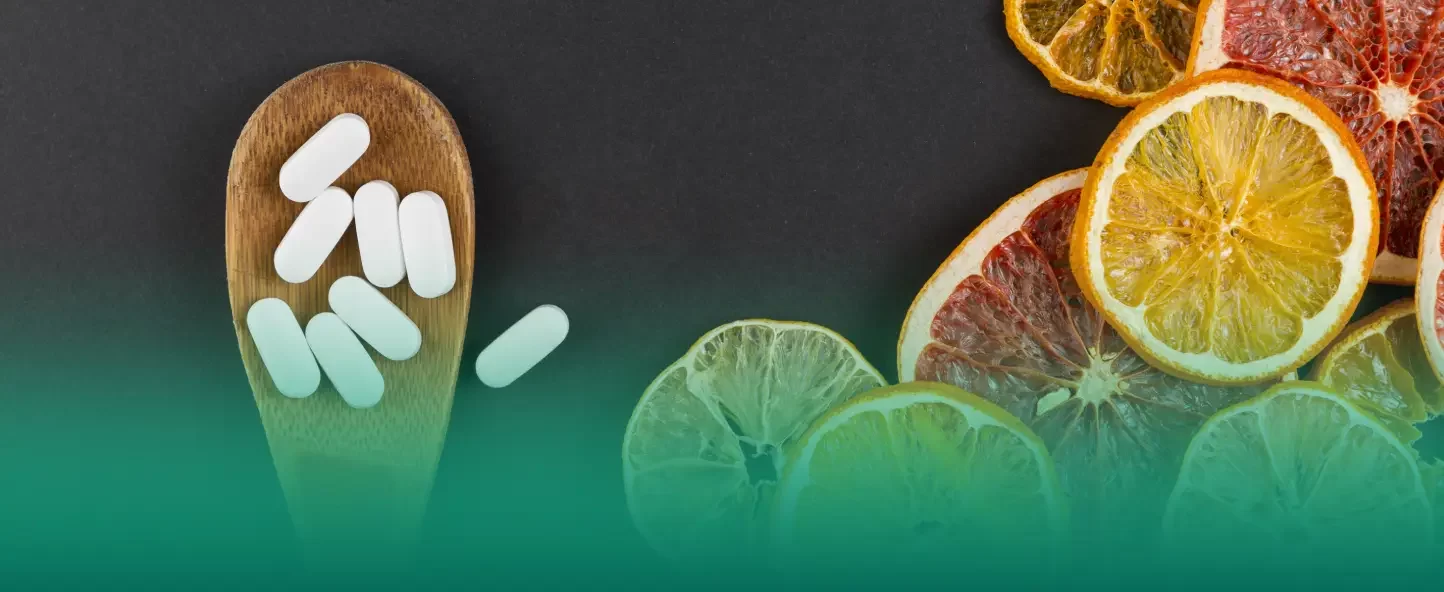Is it true that vitamin deficiency can be determined by the condition of hair and nails?
A severe deficiency of certain vitamins can actually lead to changes in hair and nails. In such cases, they can become brittle, dull, their growth may slow down, and the nails become brittle and brittle.
Modern people who adhere to a standard diet and do not suffer from serious diseases usually do not develop significant vitamin deficiencies. Changes in the condition of hair and nails in such people are often associated not with vitamin deficiency, but with other problems, such as alopecia or anemia. Therefore, it is important to consult with your doctor before starting to take vitamin supplements.
Why does vitamin deficiency rarely lead to problems with hair and nails?
Vitamins are 13 essential organic compounds involved in various key chemical processes in the body. Vitamin C, B vitamins and vitamin D play an important role in the normal development of hair and nails. A lack of these vitamins can lead to thinning and hair loss, as well as changes in the structure and shape of nails.
However, changes in the condition of hair and nails are not the first and not the most serious signs of vitamin deficiencies. For example, severe vitamin C deficiency, known as scurvy, in addition to changes in hair and nail structure such as curling and thinning, is also accompanied by bleeding gums, tooth loss, bleeding under the skin and other symptoms.
The same applies to severe vitamin B3 deficiency, known as pellagra. This condition can lead to serious health problems such as diarrhea and neurological disorders, including dementia.
In such cases, dermatitis, hair loss, koilonychia (concave nails that look like a spoon), or transverse leukonychia (the appearance of transverse stripes on the nails) seem to be less serious problems.
It is important to note that in modern conditions, cases of pellagra and scurvy are extremely rare in people who follow a normal diet and do not suffer from serious illnesses. Most everyday foods contain adequate amounts of vitamin C and B vitamins. The average person already gets enough of them, and sometimes even exceeds the recommended intake.
In today’s conventional diet, only two vitamins are often deficient: B9 (folic acid) and vitamin D. However, additional intake of vitamin B9 is necessary mainly for pregnant women and those planning a pregnancy, since it plays an important role in the normal development of the fetal nervous system.
Supplemental vitamin D is also not needed by everyone: with adequate sun exposure, a person is unlikely to be deficient. However, in countries with insufficient sunlight, such as Russia, prophylactic doses of 400-600 mg per day are recommended. By following these recommendations, you can avoid vitamin deficiency.
With minimal exposure to sunlight and no supplemental vitamin D, moderate or mild vitamin D deficiency often does not appear outwardly. However, older people or those who are rarely exposed to sunlight or hungry may experience muscle weakness and joint pain with prolonged and severe vitamin D deficiency.
In these situations, blood levels of vitamin D usually do not drop low enough to affect hair and nails. Common hair and nail problems can have a variety of causes, including age-related changes, autoimmune diseases, or the long-term effects of viral infections.
For example, hair loss, known as alopecia, can be due to various factors such as hormonal changes, stress or heredity. The exact causes of hair and nail problems often require further medical examination to identify and effectively treat.
Changes in the shape and color of nails can indicate various diseases.
For example, koilonychia, in which the nails are pressed inward, is often associated with hemochromatosis or anemia. Leukonychia, which causes white spots to appear on the nails, can be the result of a fungal infection or damage to the nail bed, such as over-manicuring or nail biting.
When you begin to notice gradual changes in the condition of your hair and nails, for example, if your hair begins to fall out more often or strange spots appear on your nails that were not there before, this becomes a reason to consult a doctor.
In such cases, it is important to consult a specialist, as this may be a sign of serious illnesses that require timely identification and treatment.
Because vitamin deficiencies are rare, taking vitamin supplements to improve hair and nail health often does not provide significant benefit. It is important that the chemical processes in the body occur in the correct balance, so a person must receive the required amount of vitamins.
Excess vitamins either excreted from the body or, as in the case of vitamin A, can accumulate, causing toxic effects.
Taking multivitamin supplements to improve hair and nail health is often not helpful, even if you have a medical condition that causes a deficiency of certain vitamins. In such cases, significant doses of vitamins are required, often in the form of injections, and such drugs should only be prescribed by a doctor.
Multivitamin supplements usually do not contain enough of the essential vitamins to have a real impact on health. They can be recommended only in rare cases, for example, after bariatric surgery, when the body’s ability to absorb nutrients is reduced due to the removal of part of the stomach and intestines.
In such situations, the doctor may recommend a multivitamin complex, but not a specialized one for improving the condition of hair and nails, but a standard one with the necessary vitamins and microelements.






